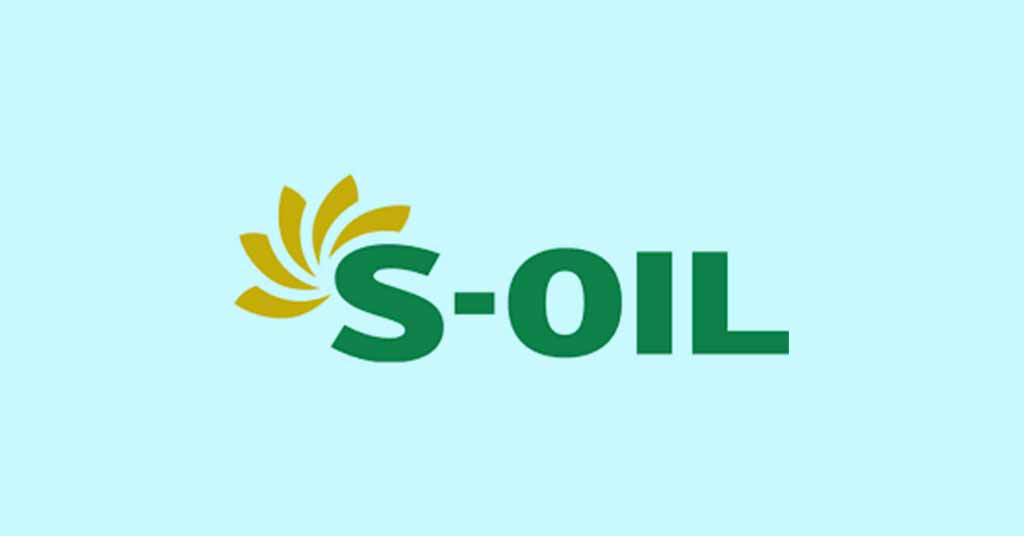Welcome To ChemAnalyst

On January 29, S-OIL, under the leadership of CEO Anwar A. Al-Hejazi, initiated a groundbreaking approach by incorporating bio-based feedstocks into its refining and chemical processes. The bio-based feedstocks include used cooking oil, byproducts of palm oil, and waste plastic-based pyrolysis oil. This strategic move aims to produce energy with low carbon intensity and eco-friendly chemical products. By co-processing crude oil, bio-based feedstocks, and waste plastic-based pyrolysis oil within the existing refining process, S-OIL plans to generate biofuels like sustainable aviation oil and next-generation biodiesel. Additionally, bio-based petrochemical feedstocks such as naphtha and polypropylene will be produced, marking a significant leap in sustainable practices.
Notably, the integration of bio-based feedstocks into the refining process is a milestone achievement for S-OIL and sets it apart as the first refinery in Korea to embark on such a progressive initiative. The inclusion of used cooking oil, palm oil byproducts, and waste plastic-based pyrolysis oil demonstrates the company's commitment to exploring diverse and sustainable sources for its operations.
This strategic move follows the regulatory green light received for the demonstration of co-processing waste plastic-based pyrolysis oil in July and bio-based feedstocks in December of the preceding year. The government's regulatory sandbox program, a specialized deregulation initiative, provided the necessary approval. With the installation of feedstock injection facilities completed in a timely manner, S-OIL has now commenced the utilization of these innovative feedstocks. The company's plans extend beyond this initial phase, with intentions to expand the volume of eco-friendly products. This expansion will be informed by a comprehensive assessment of yield changes in the product portfolio and an evaluation of the impact on production processes. Over the next two years, S-OIL aims to adjust the mix ratio of new alternatives, such as bio-based feedstocks and waste plastic pyrolysis oil, in line with their sustainability objectives.
S-OIL's forward-looking approach aligns with the global push towards decarbonization. In 2021, the company forged a partnership with Samsung C&T, focusing on the development of new businesses related to hydrogen and biofuels.
As part of its commitment to environmental stewardship, S-OIL is actively pursuing International Sustainability and Carbon Certification (ISCC) for the fuels produced from alternative feedstocks. This certification not only validates the company's adherence to sustainable practices but also contributes to the acceleration of green energy and chemical businesses. By quantifying the carbon reduction effect of their products, S-OIL aims to play a vital role in supporting the government's green energy policies and fostering the development of a circular economy.
S-OIL's incorporation of bio-based feedstocks into its refining and chemical processes signifies a groundbreaking move in the Korean refining industry. This environmentally conscious initiative not only diversifies the feedstock sources but also positions S-OIL as a pioneer in sustainable practices. The company's partnerships and commitment to certification further underscore its dedication to contributing to the global shift towards a more sustainable and circular economy.
We use cookies to deliver the best possible experience on our website. To learn more, visit our Privacy Policy. By continuing to use this site or by closing this box, you consent to our use of cookies. More info.
